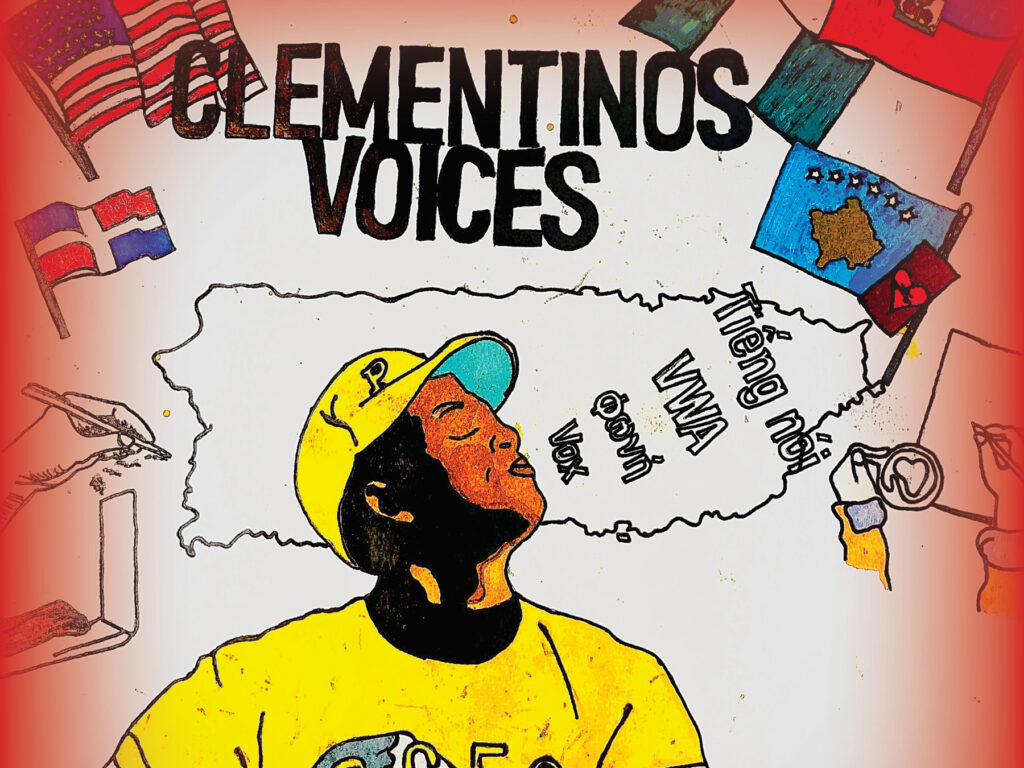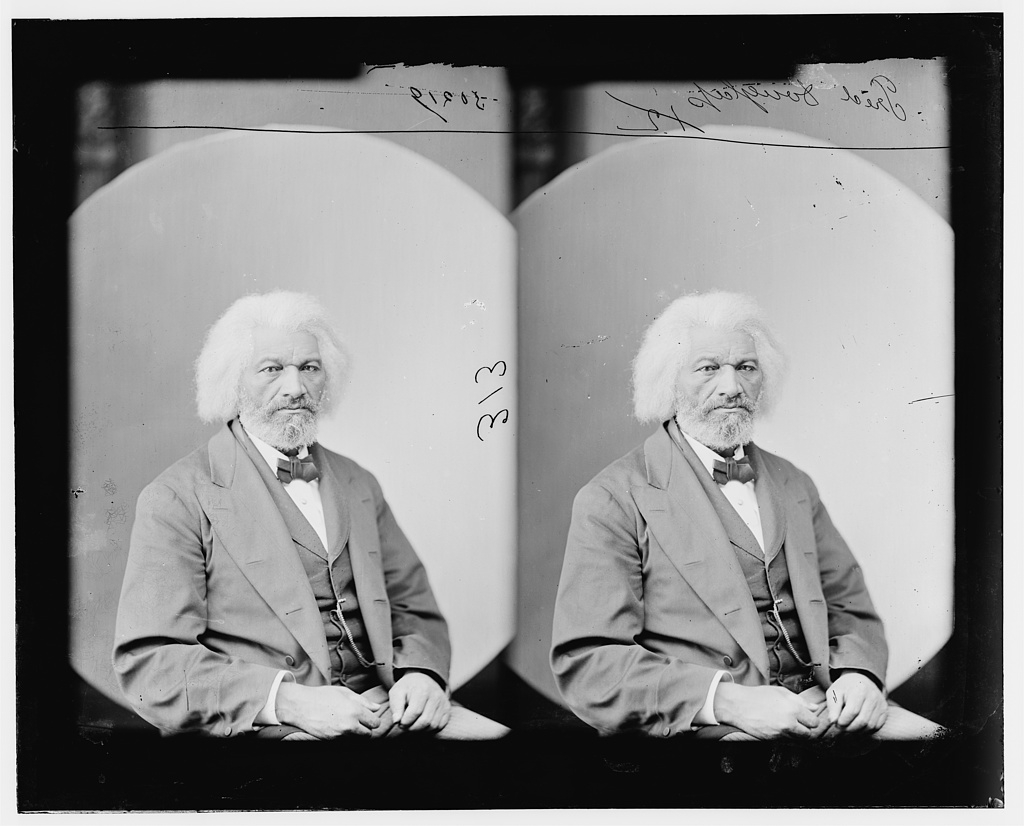Mass Humanities, UMass Press Publish New Collection of Writers from Six Massachusetts Cities

Clementinos is the third anthology of work produced by students in the Clemente Course in the Humanities. Mass Humanities celebrates the publication of Clementinos: Voices from the Clemente Writing Project, a new book featuring writing by Massachusetts residents who share their understanding of the Commonwealth through lived experiences in Brockton, Dorchester, Holyoke, New Bedford, Springfield, […]
Reading Frederick Douglass Together and African American Public Memory Traditions

Frederick Douglass and African American Uses of Communal Celebration and Truth-telling as Modes of Resisting Oppression and Creating Public Memory By Desiree Taylor 2023 Reading Frederick Douglass Together Research Fellow This program is made possible by a grant from Mass Humanities, which provided funding through “A More Perfect Union,” a special initiative of the National […]
